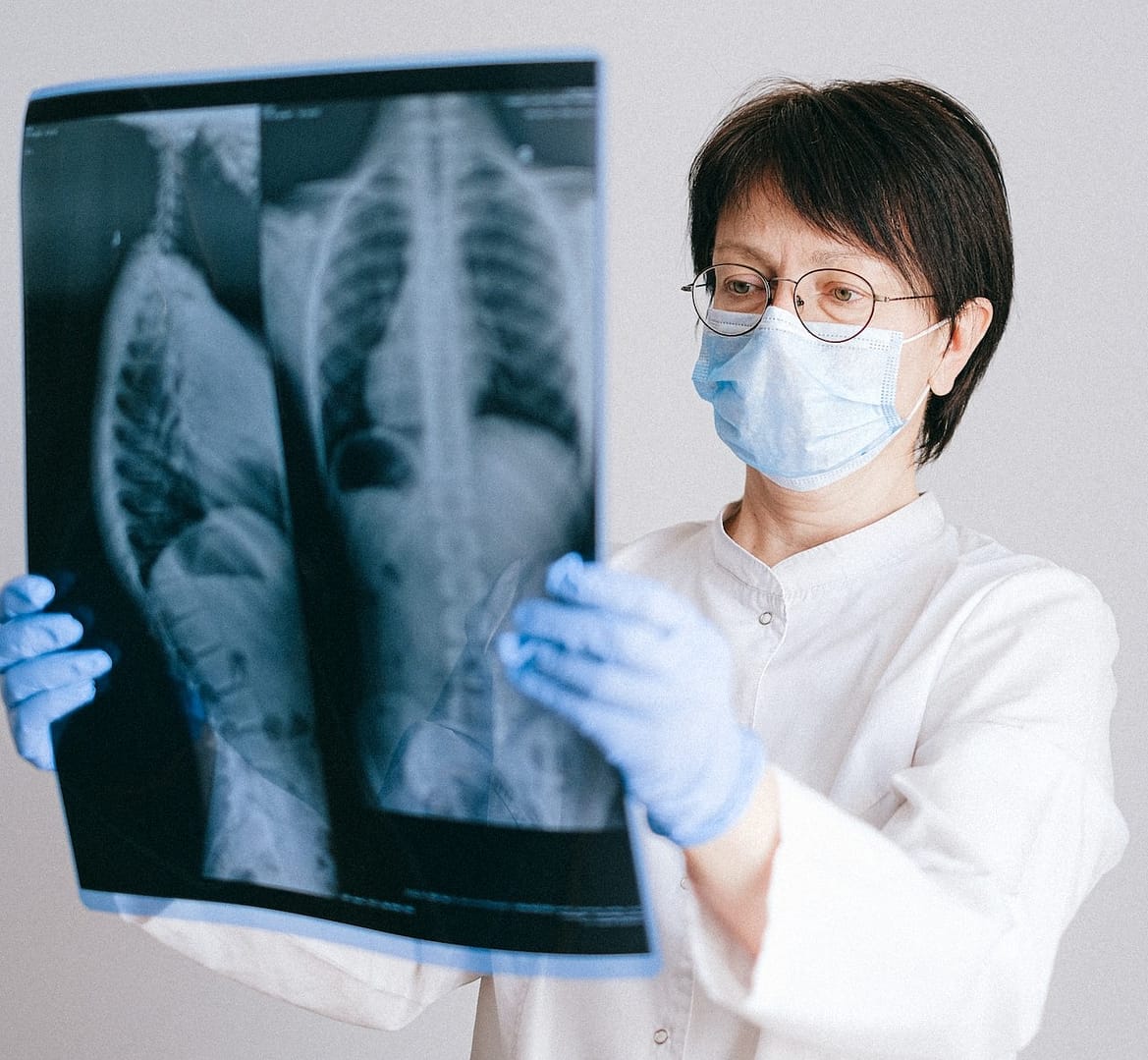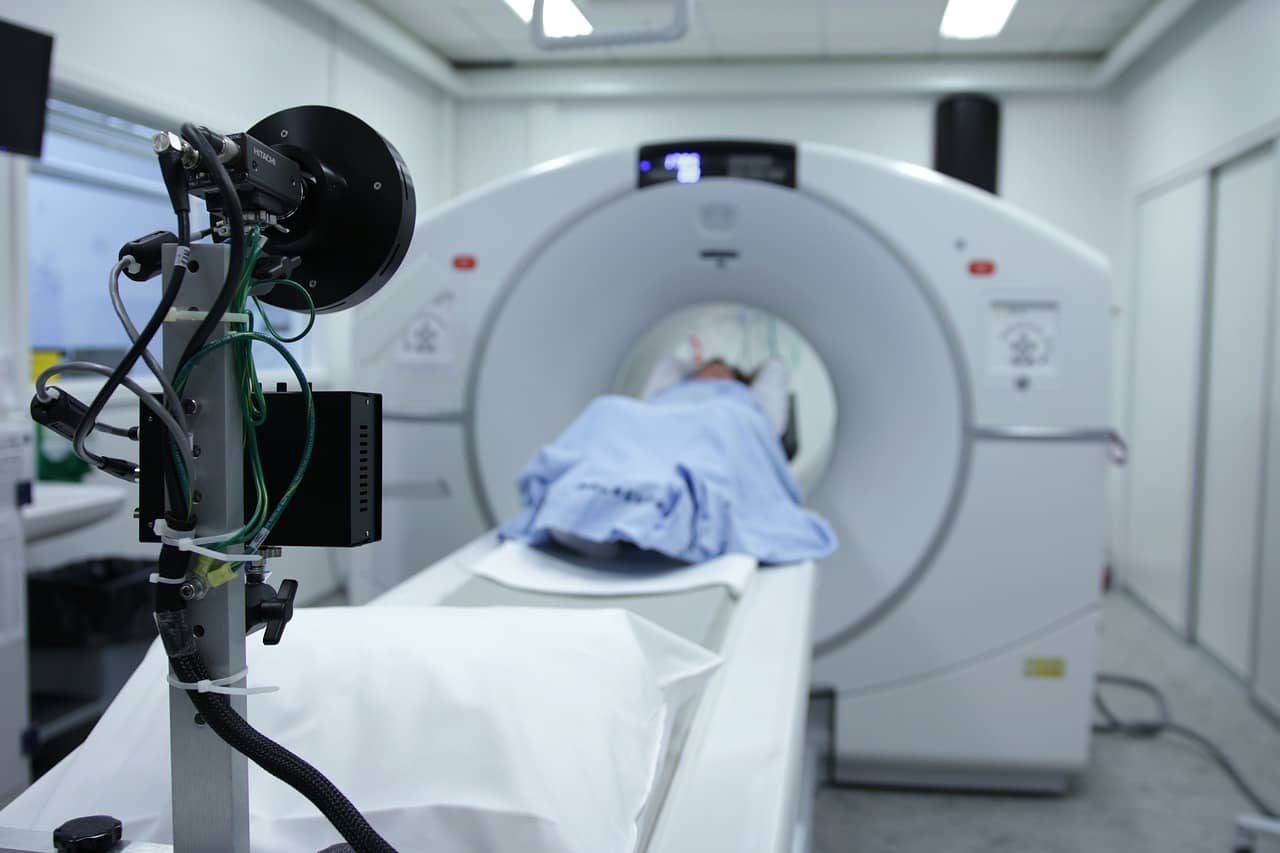Spinal cord injuries (SCIs) can be devastating, altering lives in an instant. These injuries, often resulting from accidents or medical conditions, can lead to paralysis, affecting not only physical capabilities but also emotional well-being. However, there’s a glimmer of hope on the horizon, as advancements in spinal cord injury rehabilitation are changing the landscape of recovery. In this article, we will explore the cutting-edge technologies and therapies that are transforming the lives of those living with spinal cord injuries. We will also explore the best steps to take when making a serious injury claim.
Understanding Spinal Cord Injuries
Before delving into the latest advancements, it’s essential to understand the nature of spinal cord injuries. The spinal cord serves as a vital communication highway between the brain and the rest of the body. When an injury occurs, the signals transmitted through this pathway can be disrupted, resulting in various degrees of paralysis. The severity of the injury depends on the location and extent of the damage. Traditionally, spinal cord injuries have been considered irreversible, but recent innovations are challenging that notion.
The Road to Recovery
Recovering from a spinal cord injury is a complex journey that often involves a combination of physical therapy, assistive devices, and emotional support. The goal is to maximise independence and improve the overall quality of life for individuals with SCIs. To achieve this, scientists, researchers, and medical professionals have been tirelessly working to bring about ground-breaking advancements.
Cutting-Edge Technologies
Neural Interface Systems
One of the most promising advancements in spinal cord injury rehabilitation is the development of neural interface systems. These technologies bridge the gap between the brain and the paralyzed limbs, allowing individuals to regain some control over their movements.
In the United Kingdom, researchers have made significant strides in this field. They have developed implantable devices that interface with the brain and spinal cord, bypassing the damaged area. These devices, often referred to as brain-computer interfaces (BCIs), interpret the user’s intentions and transmit signals to robotic exoskeletons or prosthetic limbs.
This technology, though still in its early stages, holds immense promise. It has enabled individuals with spinal cord injuries to regain the ability to perform basic tasks, such as standing and walking, that were once considered impossible.
Virtual Reality (VR) Rehabilitation
Virtual reality has also emerged as a game-changer in the realm of spinal cord injury rehabilitation. By immersing patients in virtual environments, therapists can create tailored rehabilitation programs that simulate real-life scenarios. This not only makes therapy more engaging but also facilitates neural rewiring, helping patients regain lost functions.
In the UK, hospitals and rehabilitation centres are increasingly integrating VR into their rehabilitation protocols. Patients can practise mobility, balance, and coordination in a safe and controlled virtual setting. Moreover, VR offers a unique opportunity for individuals with spinal cord injuries to experience activities they may no longer be able to engage in physically, such as skiing or hiking.
Exoskeletons
Exoskeletons are wearable robotic devices designed to assist individuals with spinal cord injuries in walking and standing. These mechanical suits are a testament to the rapid advancements in technology and engineering.
In the UK, several research institutions and healthcare facilities have adopted exoskeletons as a part of their rehabilitation programs. These devices provide vital support to individuals by augmenting their mobility. By using sensors and motors, exoskeletons respond to the user’s movements, allowing them to walk with a degree of independence.
While exoskeletons are not a cure for spinal cord injuries, they offer a newfound sense of freedom and autonomy for those affected. Moreover, ongoing research aims to improve the functionality and accessibility of these devices.
Innovative Therapies
Stem Cell Therapy
Stem cell therapy has captured the attention of the medical community worldwide, including in the UK. Researchers are exploring how stem cells can be harnessed to repair damaged spinal cords. This groundbreaking approach involves injecting stem cells into the injury site, with the hope that they will promote tissue regeneration and enhance neural connections.
Although stem cell therapy for spinal cord injuries is still experimental, early clinical trials have shown promise. Some patients have experienced improvements in sensory and motor functions, igniting optimism within the scientific community.
Functional Electrical Stimulation (FES)
Functional Electrical Stimulation (FES) is a well-established rehabilitation technique that continues to evolve. In the UK, FES has been extensively utilised to help individuals with spinal cord injuries regain control over their muscles.
FES works by delivering controlled electrical pulses to paralyzed muscles, causing them to contract. This stimulation can help patients perform essential functions such as grasping objects or even standing. With advancements in FES technology, these devices have become more user-friendly and efficient.
The Importance of Holistic Care
While technological advancements are undoubtedly transforming spinal cord injury rehabilitation, it’s essential to remember that holistic care is equally crucial. Emotional support, mental health services, and community engagement play pivotal roles in the recovery journey.
In the UK, organisations and support groups dedicated to individuals with spinal cord injuries offer a wide range of services. These include counselling, peer mentoring, and recreational activities that foster a sense of belonging and resilience.
Making a Serious Injury Claim with National Claims
At National Claims, we understand the profound impact that spinal cord injuries can have on the lives of individuals and their families. Our mission is to provide support and assistance to those who have suffered such injuries, guiding them through the claims process of making a serious injury claim.
Our Commitment to Clients
When it comes to spinal cord injury claims, we recognize the unique challenges and complexities involved. That’s why we have a dedicated team of legal experts who specialise in handling these cases. Our commitment is not only to secure compensation for our clients but also to ensure that they receive the best possible care and support throughout their rehabilitation journey.
Assessment and Consultation
The first step in making a serious injury claim with National Claims is to schedule a consultation with our experienced team. During this initial meeting, we will gather essential information about the accident or incident that led to the spinal cord injury. Our goal is to gain a comprehensive understanding of the circumstances surrounding the injury, including any potential liability on the part of others.
Legal Expertise
Once we have a clear picture of your case, our legal experts will assess its viability. We will investigate the details thoroughly, seeking evidence to establish liability and determine the extent of damages. Our team has a proven track record of successfully representing clients in spinal cord injury claims, both in negotiations and in court.
Medical Evaluation
In parallel with the legal proceedings, we will work closely with medical professionals to assess the full scope of your injuries. Understanding the medical aspects of your condition is crucial in determining the compensation you deserve. We will ensure that you receive expert medical evaluations to support your claim.
Negotiation and Settlement
Our team is skilled in negotiation tactics and strives to secure a fair and just settlement on your behalf. We will engage with the responsible parties and their insurers to reach an agreement that covers medical expenses, ongoing care, lost wages, and other relevant damages. Our aim is to relieve you of the financial burden caused by the spinal cord injury.
Support Beyond Compensation
National Claims goes beyond the legal aspects of your case. We understand that spinal cord injuries require long-term care and rehabilitation. That’s why we work to connect you with the best medical professionals, therapists, and support services available in the UK. Our commitment is not only to help you receive compensation but also to improve your quality of life during your recovery.

Conclusion
In conclusion, advancements in spinal cord injury rehabilitation are offering new hope and opportunities for individuals facing the challenges of these injuries. Technologies like neural interface systems, virtual reality rehabilitation, and exoskeletons are revolutionising the way we approach recovery. Innovative therapies such as stem cell therapy and functional electrical stimulation continue to push the boundaries of what is possible.
National Claims is here to support individuals who have suffered spinal cord injuries in their journey towards recovery. Our commitment to providing expert legal representation, connecting clients with the best medical professionals, and ensuring comprehensive support sets us apart. We understand that spinal cord injuries are life-altering, and our mission is to
Contact us to get a start on your claim and speak to one of our claims specialists today.
Click below to see why we are one of the most trusted claims management companies in the UK.

We’re proud of our excellent customer reviews
We thrive on delivering exceptional service and ensuring our clients’ satisfaction. Don’t just take our word for it. Check out some of our independent reviews to see what our clients have to say.
Excellent

This firm is excellent, they sorted out my car pay out and injury claim very fast, they always communicate with you all the time.

My accident case was dealt with confidence and with great result of the outcome, especially James kept me informed all the time.

I was very impressed at the way my inquiry was treated. I was listened to attentively and everything I needed to know was explained to me.






